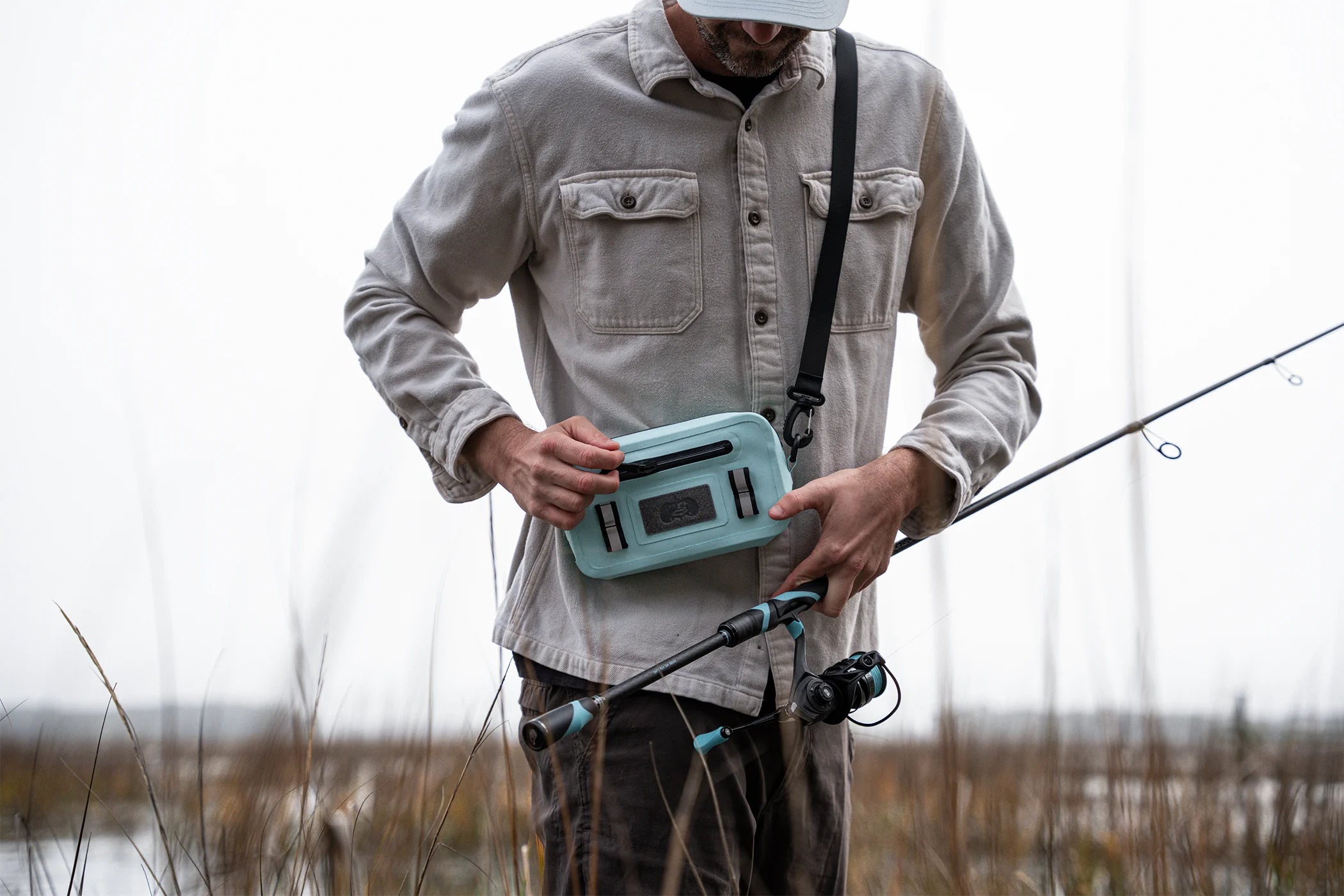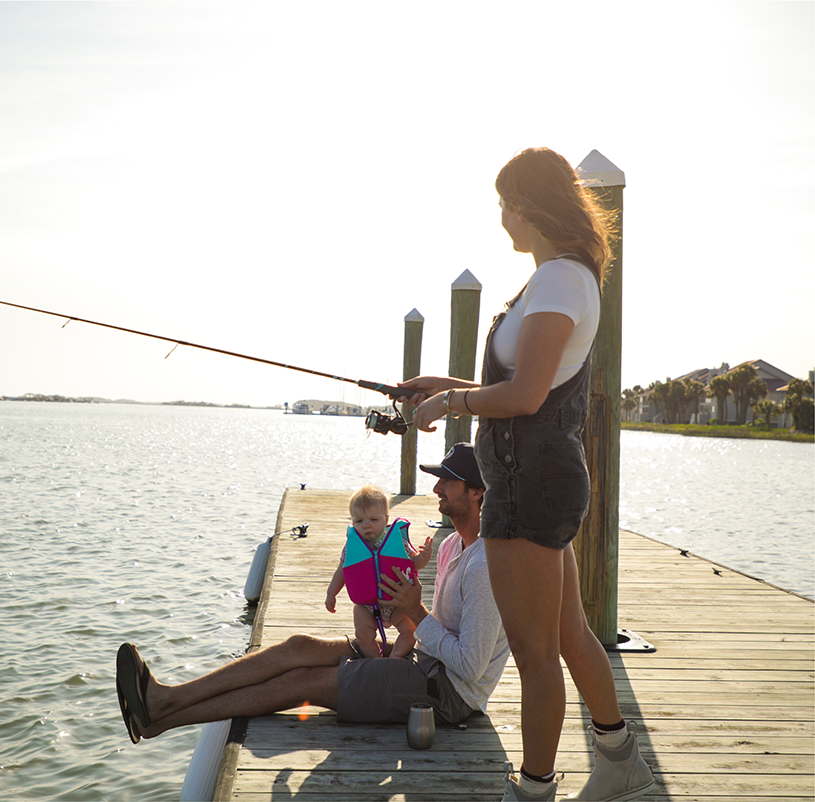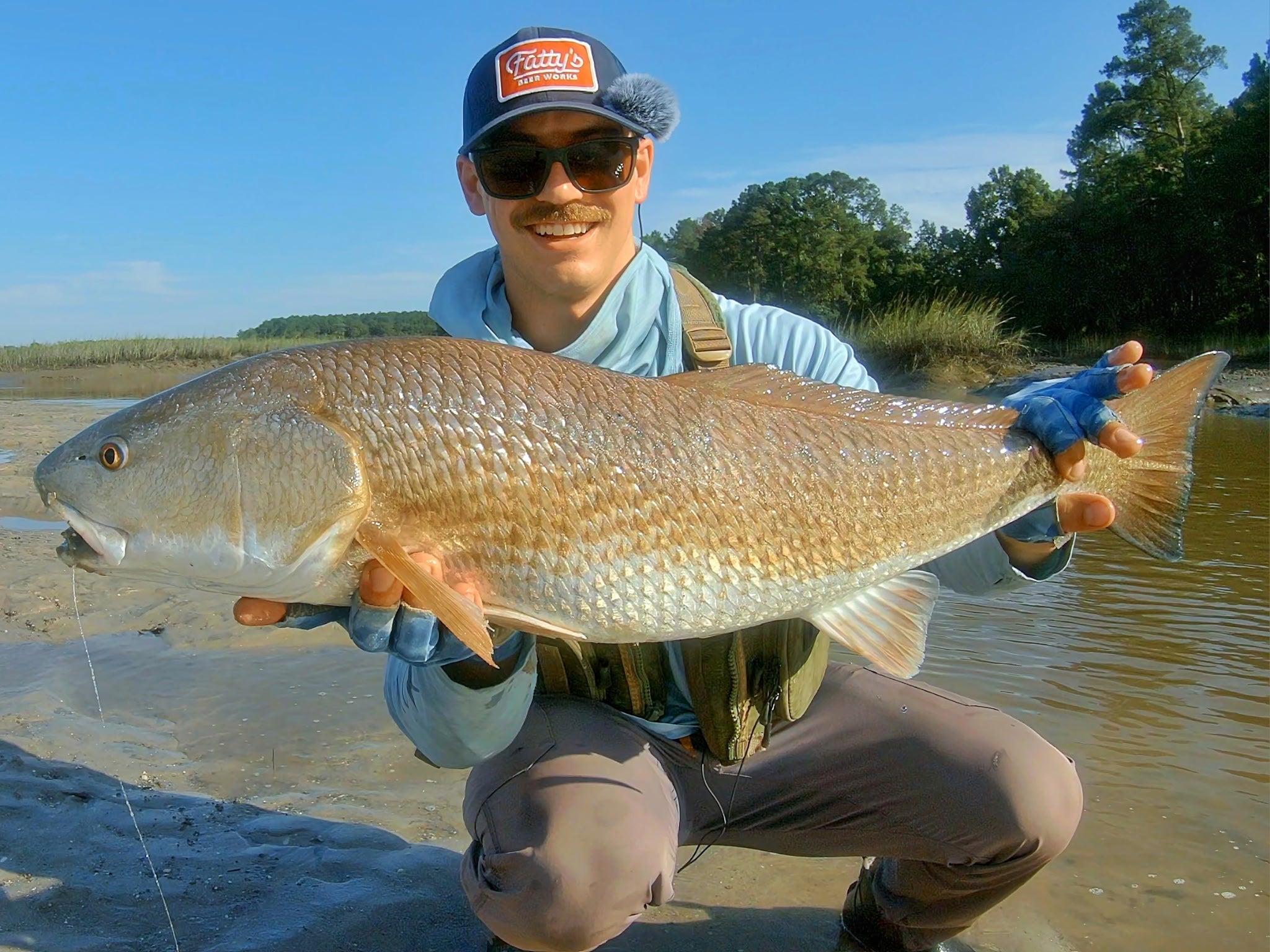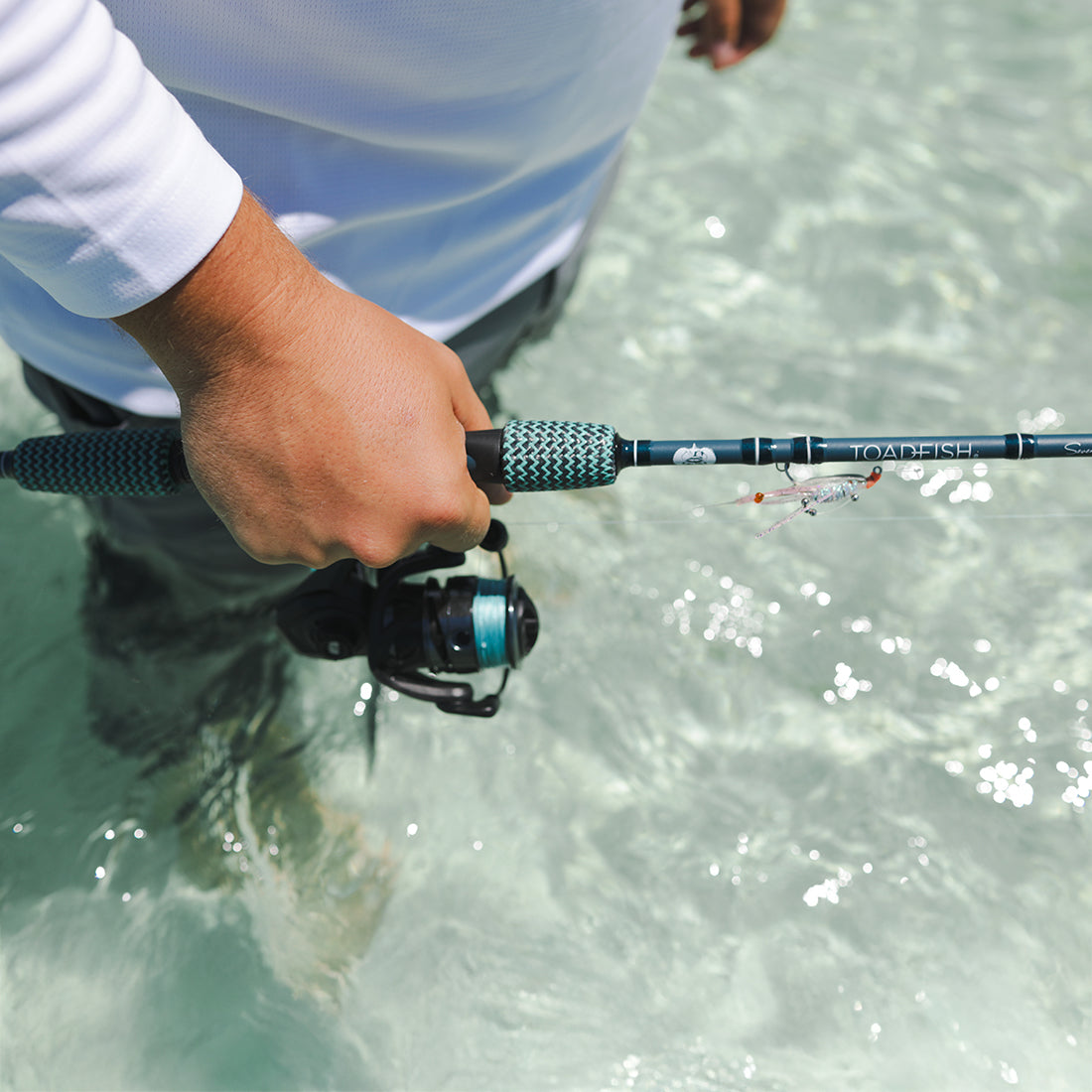
Why Are There Regulations in Fishing?
Love them or hate them, regulations are a part of our life. We find them everywhere, from what safety regulations are required for cars to what regulations OSHA implements in your workplace. While some regulations may be frustrating, it is crucial to understand that wildlife regulations are pertinent. Think briefly about where we would be without the Dingell-Johnson Act, which sets regulations on the government first to enact a law prohibiting the “diversion” of fishing license fees for any purpose other than the administration of their state fish agency. Any money raised by fish license sales must stay with your state fish and game agency.
💡 Did you know
The Dingel-Johnson Act was passed by the federal legislature in 1950.
The Act placed a 10 percent excise tax on some fishing tackle, and the money was apportioned to the States for use in sport fish restoration projects.
Why Regulations Are Essential To Fishing?
Everyone knows that humans can affect their environment like no other animal! We can turn a track of wood into poorly built condominiums in 6-8 months. Humans can also find patterns better than any other animal, which is why we sit at the top of the food chain, even though some animals are bigger and stronger than us. I use both of those examples to remind myself that some of the fishing regulations that I scoff at are there for a reason.
There are many examples; if left unchecked, we can decimate our fisheries. As discussed in our Atlantic Sturgeon article, if there is a market for something, we will take advantage of it. At the same time, I would love to use the Toadfish Fillet System on every good-eating fish I encounter. But, there is a pause we all must take and ask ourselves some questions. Do the rules and regulations allow me to keep this fish? Why am I keeping this fish? Will leave this fish in the freezer too long and let it get freezer burn?
Suppose you can answer those questions with. I am within my right to keep this fish because I want to eat it, and I will not let it get freezer-burned. Then, give more power to you, keep that fish, and make a fantastic meal with it.

When Were The First Fishing Licenses Issued?
Today, we gripe and groan about going online and getting whatever licensing we need for our favorite pursuit. The requirement to have a license is a phenomenon that has been around for a while.
The Qing Dynasty government started this in 1729. Back then, the Dan people of Guangdong were required to have their fishing license displayed on the bow or stern of their boats at all times. What you would find on those licenses differs from boaters' registrations today; they show what kind of vessel this is (fishing or commercial), home port, family and crew members on board, date of issue, and the registration number. This trend continued when, in 1765, the Chinese government required all fishing boat operators to obtain a fishing license.
Oregon was the first state to require a commercial fishing license in the US in 1899. This concept was adopted in Indiana in 1913, and shortly after that, Pennsylvania implemented its licensing program in 1919. Today, the United States fish and game agencies have collected $752 million from fishing licenses alone. Not only does that money from license sales stay in the states, but it stays with the given state's fish and game agency.
What Are Some Other Fishing Regulations?
You need to know a few other fundamental terms regarding fishing regulation. The terms slot limit and bag limits are crucial to know and understand regarding fishing regulations.
The Slot Limit is a method of fishery management that regulates the legal harvest size of a given fish species. The Red Drum is a heavily targeted and regulated fish in South Carolina. The slot limit for Red Fish in South Carolina is 15-23 inches. So you can not keep a fish smaller than 15 inches or larger than 23. Any fish in between those two measurements is within the “slot.” It is essential to remember that, like many other wildlife regulations, the state designates the slot limit. For example, the Georgia slot limit is 14-23 inches.
The other important term is “bag limits.” The term bag limits refers to the number of a given species you can take at a given time. So, in South Carolina, you are allowed two redfish per person daily. Just like any regulation, this is always up for change. Before 2018, the bag limit was three redfish per person per day.
It is vitally important that you are aware of all rules and regulations before your fishing trip. It is just one quick Google search away, and you will know you are completely legal!









Share:
Toadfish's Marsh Madness Spring 2024: An Ode to the Ecosystems We Love
How To Properly Release Your Fish
2 comments
Your posts in this blog really shine! Glad to gain some new insights, which I happen to also cover on my page. Feel free to visit my webpage Webemail24 about Mobile Apps and any tip from you will be much apreciated.
Zaiden Barajas